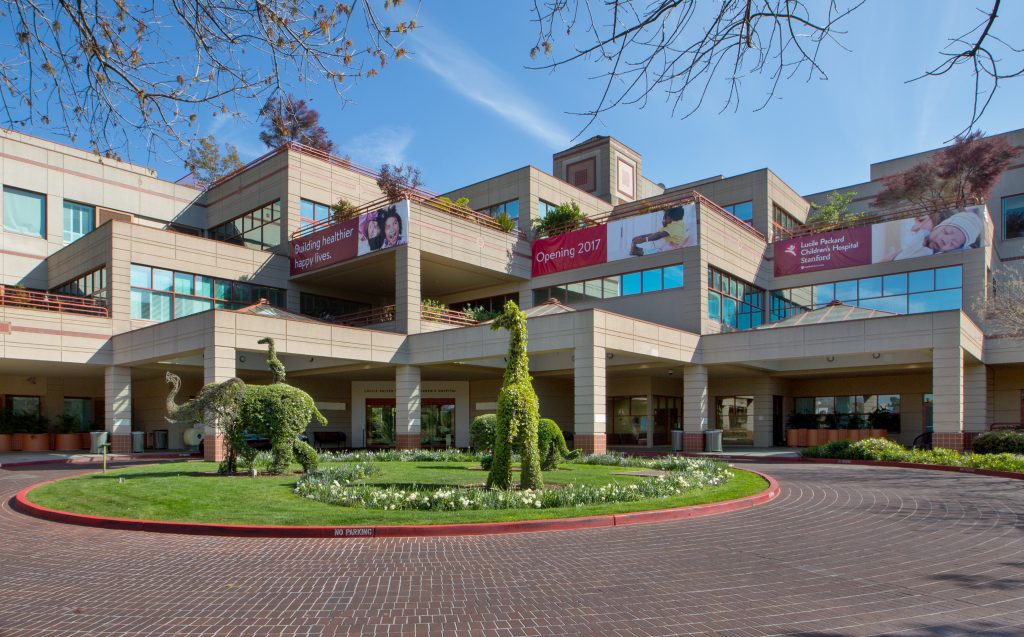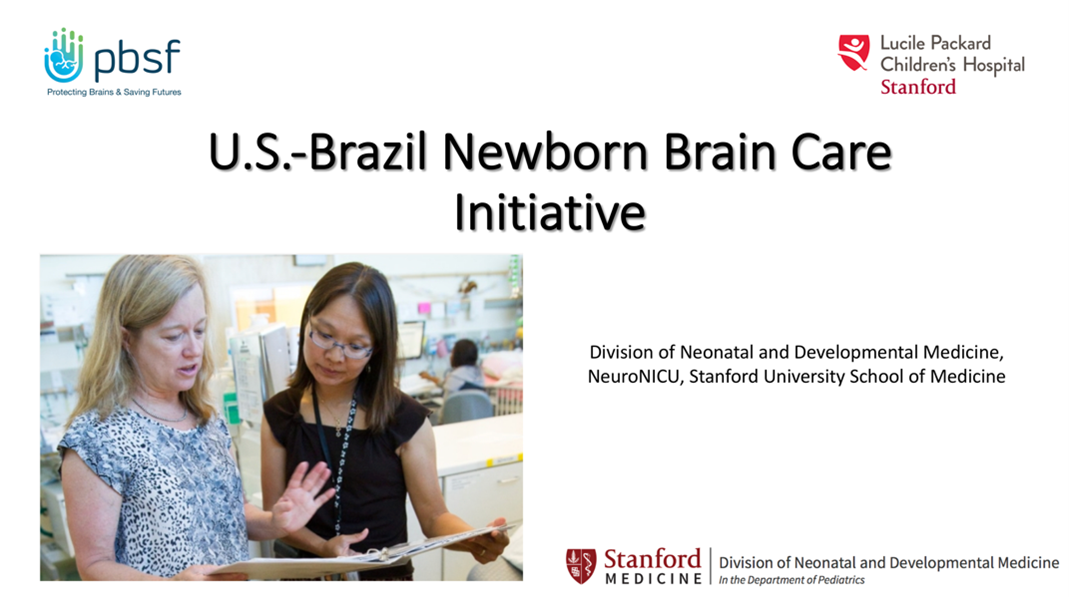
Newborn Brain Care Initiative US and BR
Overview
Neonatal brain injuries are one of the leading causes of neonatal mortality worldwide. Oxygen deprivation at the birth time, brain bleeding, stroke, and infection can all contribute to death or long-term brain damage. Medical advances, including the use of neuromonitoring and brain imaging, therapeutic hypothermia (reducing the newborn’s body temperature to 92,3°F during the 72-hour period after birth), and other improved neurodevelopmental therapies, have contributed to the best results for babies. Despite these advances, significant disparities in health care related to resource allocation and variability in practice have hindered access to optimal brain care for newborns in Brazil. Variations in practice can significantly impact the beneficial effects of therapy and potentially cause trauma.
In partnership with Lucile Packard Children's Hospital Stanford, we have established a US-Brazil collaboration to leverage advances in educational telemedicine and neuromonitoring to address the significant public health problem of brain injury in newborns.


